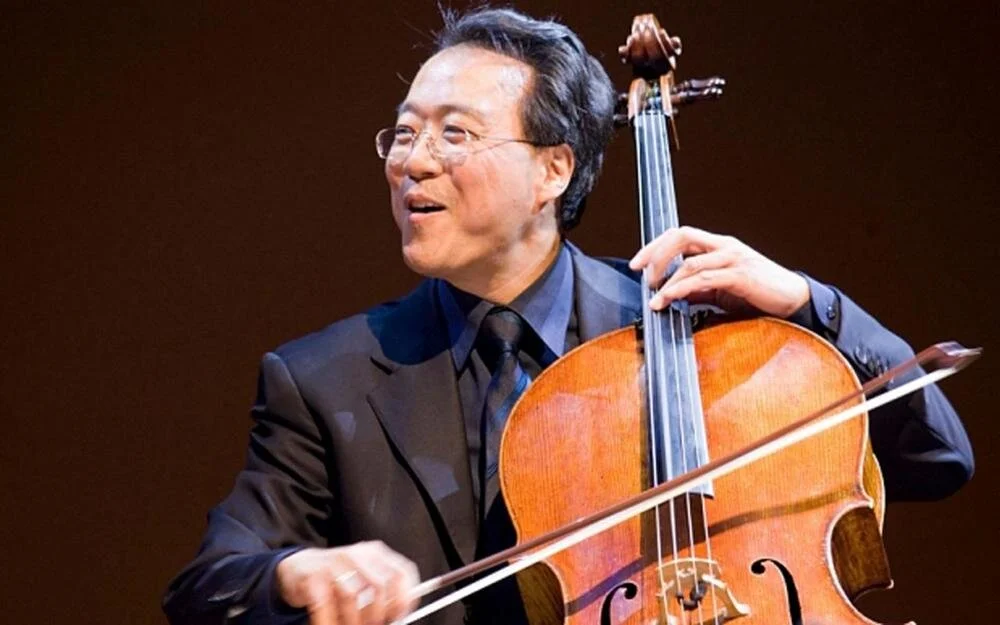Dimensions of Curiosity: A Leadership Perspective
Curiosity is a quality we associate with children, who naturally ask “Why”? The desire to play and discover, the eagerness to learn, and the humility to ask questions because they don’t know, all describe aspects of childhood curiosity.
Curiosity as Inquiry
Great musicians constantly question, asking why, what, and how. Why something sounds good to them, what works, and how they can integrate the ideas to create a superb performance.
Improvisation enables musicians to be in a constant state of curiosity. They receive and accept verbal and non-verbal cues from their band mates, and then build on these cues in response. In doing so, their curiosity propels them to try a different chord, a new rhythm, an unusual cadence.
In interviews, Yo-Yo Ma has spoken about how his early childhood environments instilled a habit of asking two questions about every new item or larger situation he encountered: “Who did this, and why?” It pushed him to gain a deeper understanding: “If you start asking these questions, there’s nothing that isn’t interesting.” Musical curiosity could take him anywhere.
Cellist Yo-Yo Ma
Being a great musician is an endless journey of evolving, making mistakes, learning from them, and being inspired, as in life.
Curiosity as Energy
About a year ago, we worked with a company called Reconsider. Marcina Hale and Steve Apkon offer experiential workshops for a journey of discovery and transformation to break free from patterns that victimize our minds and relationships. Two of the concepts that inform their workshops include: radical amazement of all that we experience every day; and the belief that nothing happens without an energy that ignites it—that energy being curiosity. Their methodology includes:
Beginning with curiosity to pause and ask why
Believing there is something new to see.
Starting by looking at something closely.
De-focusing and letting go of what we are currently seeing.
Curiosity as Process
Curiosity is as common as the air we breathe, but it is also the oxygen of accomplishments and success. —Bill Russell
The very first lesson in Bill Russell’s Russell Rules is entitled Commitment Begins With Curiosity –very apropos for this post. Russell states that when commitment is coerced, “thinking is not required—just obedience,” while curiosity is the “arch-stone of that process that leads to doing.” Russell gives us three rules on curiosity to work with:
Rule One: Ask questions. A silly question is worth any number of easy answers.
Rule Two: Remember that curiosity is a process, and it is not a solution in itself. It’s ongoing and always leaves it to you to figure out what you need to do next.
Rule Three: Curiosity should always be challenging and always solidify a sense of commitment. To be really committed, you must always pursue the questions until you get meaningful answers.
Curiosity as Liberator
Curiosity is vital because it helps us become comfortable with being uncomfortable. We don’t know the whole story. The stories we tell ourselves are powerful, yet not always true, and often limiting. Because nothing is fixed and things can indeed change, curiosity reveals options, helps us break out of the same routines, so we can try new things and even change our stories. Curiosity can be initiated by moving to a state of truly not knowing (a “beginner’s mind”) and shifting our experience from being reactionary to one of openness.
From the LONG ISLAND EXPLORIUM, Children's Museum of Science & Engineering
Maintain the spark
The important thing is not to stop questioning; curiosity has its own reason for existing. One cannot help but be in awe when contemplating the mysteries of eternity, of life, of the marvelous structure of reality. It is enough if one tries merely to comprehend a little of the mystery every day. The important thing is not to stop questioning; never lose a holy curiosity.
— Albert Einstein
As Einstein eloquently says above, curiosity has its own reason for existing. We’ve looked at curiosity as inquiry, as energy, as process, as liberator. Each of these dimensions are critical for leadership. A wise leader asks probing questions. A great leader channels energy to transform. An effective leader uses the process of curiosity to discover possibilities. A visionary leader opens the gateway, sparking the freedom to play the infinite game of life.




